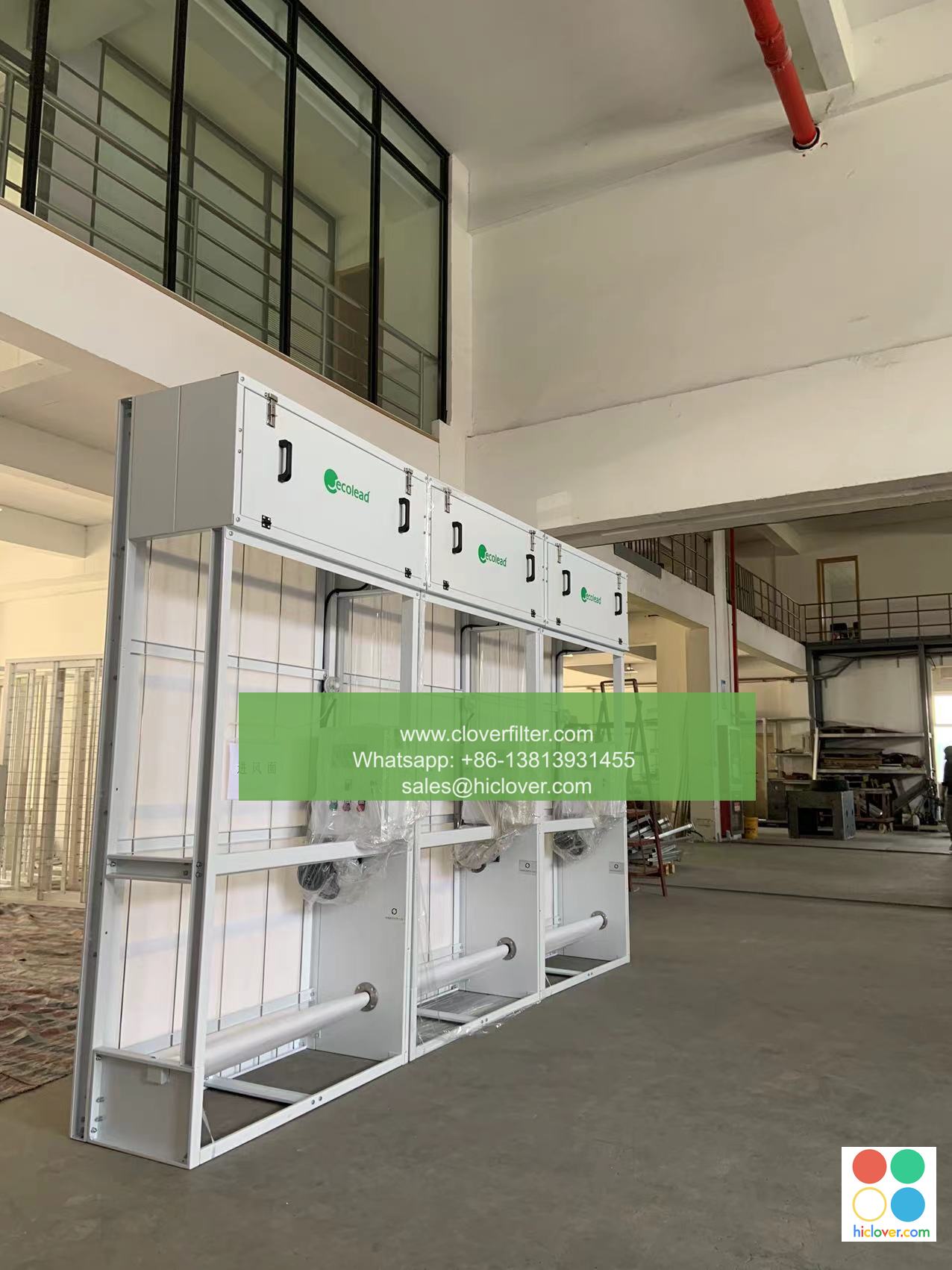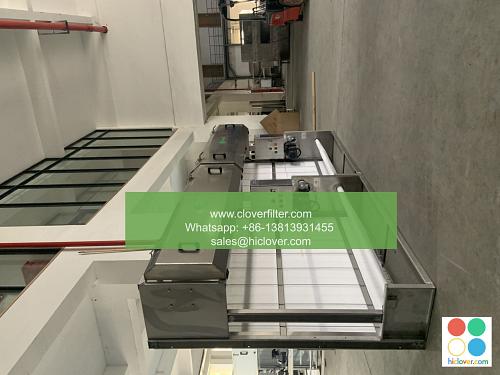The Impact of Air Filtration on Cognitive Function and Productivity

Air filtration is a crucial aspect of maintaining a healthy and productive environment, particularly in indoor spaces where people spend a significant amount of time. The quality of indoor air can have a profound impact on cognitive function and productivity, making it essential to understand the role of air filtration in promoting a healthy and efficient workspace. In this article, we will explore the effects of air filtration on cognitive function and productivity, highlighting various application areas, including indoor air quality improvement, health and wellness, and occupational health and safety.
The Importance of Indoor Air Quality
Indoor air quality (IAQ) refers to the level of air pollutants, such as particulate matter, gases, and microorganisms, present in indoor environments. Poor IAQ can lead to a range of health problems, including respiratory issues, headaches, and fatigue, which can significantly impact cognitive function and productivity. Air filtration systems can help improve IAQ by removing airborne pollutants, thereby reducing the risk of health problems and promoting a healthier indoor environment.
Impact on Cognitive Function
Cognitive function refers to the mental processes that enable us to perceive, process, and respond to information. Air filtration can have a significant impact on cognitive function, particularly in environments with high levels of air pollution. Studies have shown that exposure to poor air quality can impair cognitive function, leading to decreased attention span, reduced memory, and decreased problem-solving ability. On the other hand, improved air quality through effective air filtration can enhance cognitive function, leading to improved concentration, increased productivity, and better overall mental performance.
Application Areas
Air filtration has various application areas, including:
* Commercial and industrial settings: Air filtration is essential in commercial and industrial settings, where workers are exposed to a range of airborne pollutants, including chemicals, dust, and microorganisms. Effective air filtration can help reduce the risk of occupational health problems, promote a healthier work environment, and improve productivity.
* Healthcare facilities: Air filtration is critical in healthcare facilities, where patients are often more susceptible to airborne infections. Effective air filtration can help reduce the risk of hospital-acquired infections, promote a healthier environment for patients and staff, and improve overall health outcomes.
* Education and research institutions: Air filtration is essential in education and research institutions, where students and researchers are engaged in mentally demanding activities. Improved air quality through effective air filtration can help promote cognitive function, improve concentration, and enhance overall academic and research performance.
* Residential settings: Air filtration is also important in residential settings, where people spend a significant amount of time. Effective air filtration can help improve indoor air quality, reduce the risk of health problems, and promote a healthier and more comfortable living environment.
Technologies and Solutions
There are various air filtration technologies and solutions available, including:
* HEPA (High Efficiency Particulate Air) filters: HEPA filters are designed to capture 99.97% of particles as small as 0.3 microns, making them effective against a range of airborne pollutants, including dust, pollen, and microorganisms.
* Activated carbon filters: Activated carbon filters are designed to capture gases and odors, making them effective against a range of airborne pollutants, including volatile organic compounds (VOCs) and nitrogen dioxide.
* UV (Ultraviolet) light disinfection: UV light disinfection is a technology that uses ultraviolet light to kill microorganisms, making it effective against a range of airborne pathogens, including bacteria, viruses, and fungi.
Conclusion
In conclusion, air filtration has a significant impact on cognitive function and productivity, particularly in indoor environments where people spend a significant amount of time. Effective air filtration can help improve indoor air quality, reduce the risk of health problems, and promote a healthier and more productive environment. By highlighting various application areas, including indoor air quality improvement, health and wellness, and occupational health and safety, we can better understand the importance of air filtration in promoting a healthy and efficient workspace. As we continue to develop and implement new air filtration technologies and solutions, we can expect to see improved cognitive function, increased productivity, and better overall health outcomes. You haven’t asked a question or provided any context. Please provide more information or ask a question, and I’ll do my best to help.

